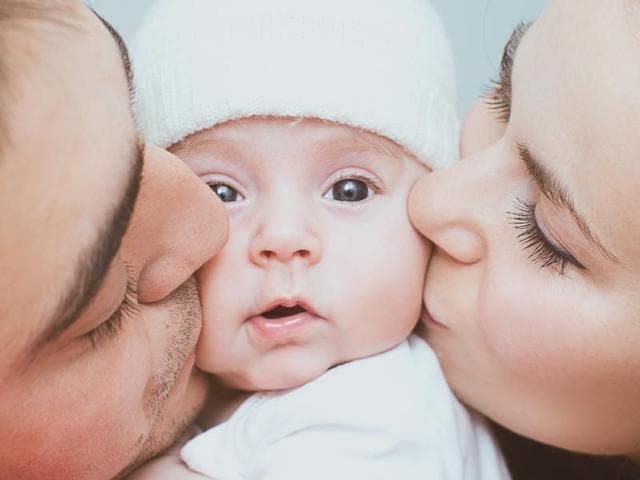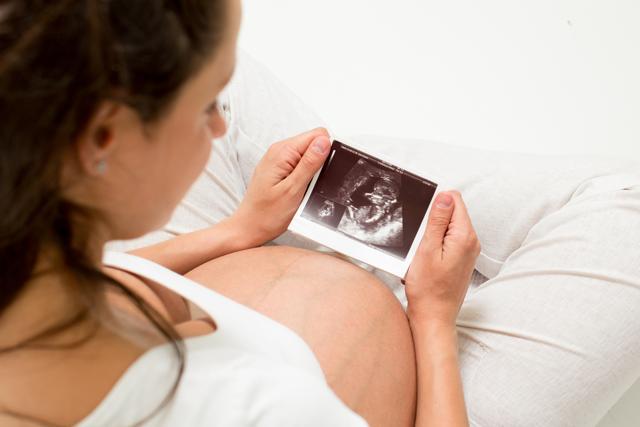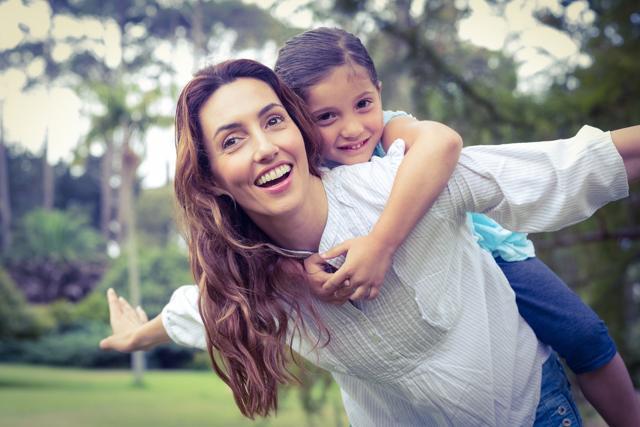Egg freezing: All there is to know about this family planning method
As former beauty queen Diana Hayden delivers a baby girl conceived of a frozen egg, we get experts to shed more light on this method of family planning
Diana Hayden was 34 when she came to me to discuss her options (for childbirth). At that time, she had a vague idea of the process and wanted more information about the same. After she got to know the details, she opted to get her eggs frozen. Now, at the age of 42, despite having uterine complications (endometriosis), she was able to conceive via the frozen eggs, and is a happy mother,” says Dr Nandita Palshetkar, infertility specialist, Lilavati Hospital, Bandra (W).

The popularity of frozen or cryopreserved eggs has been gradually increasing. However, it is not a new phenomenon. In fact, in October 2014, Apple and Facebook made headlines when they announced that they were willing to foot the bill for the egg freezing processes of their female employees.
Read: How new ‘spermbots’ could boost fertility in men
With a former Miss World, Hayden, giving birth using this procedure, the topic is in the spotlight once again. Here, we get experts to answer some FAQs about this procedure and technology.
Collin and I would like to announce the arrival of our beautiful baby girl, Arya Renée Hayden, born on Saturday, 9...
Posted by Diana Hayden on Friday, January 15, 2016
The procedure: From freezing the eggs to conceiving a baby
* For the formation of multiple eggs, the ovaries are first stimulated with hormonal injections for nine to 12 days. The process is monitored by regular transvaginal sonography, and there is regular testing of the hormonal levels too.
* Once the eggs are formed, they are extracted from the body. During this process, the patient is under the influence of general anaesthesia.
* Post the extraction, the mature eggs are frozen or vitrified. The eggs (generally around 15-20 of them) are stored at -196 degrees Celsius. There is no deterioration in the quality of the eggs over time.
* During the freezing process, the water inside the eggs is dehydrated and replaced with antifreeze in order to prevent the formation of ice crystals.
* Healthy babies can be conceived using these frozen eggs even after 8-10 years. For the final stage of conception, the sperms are injected with a needle (the shell of the egg usually hardens once frozen) to fertilize these eggs using a standard procedure called ICSI (intracytoplasmic sperm injection).

Who is eligible?
This process is most commonly used by cancer patients. But for those not battling fatal illnesses, the age at which one can go in for this option will depend on one’s ovarian reserve. This can be best revealed by conducting a few tests — Serum AMH (blood test), and antral follicle count by transvaginal sonography. However, experts say that in general, any time between 20 years to 30 years is a good time for women to freeze their eggs, as during this age their eggs are healthier.
Read: Swear by green tea? It could be bad for your fertility
If the eggs are extracted during one’s twenties, about 15-25 are obtained. Out of these, 3-4 eggs will be required to produce a baby. For those in their late thirties, the number of eggs extracted could be less than 10. Also, at that age, 20-25 eggs will be required to produce a baby as many of the eggs will get damaged during the thawing process. Hence, in this case, multiple stimulations make sense to get a fair chance at pregnancy.
“Although theoretically, we may say that someone in their late thirties should be stimulated multiple times so that a larger number of eggs can be retrieved, we usually do not recommend that the patient go through so much, because statistically (as even with a large number of eggs pregnancy is not guaranteed) and economically, it is not viable,” says Dr Bandita Sinha, gynaecologist.
IVF, test tube babies and frozen eggs
In IVF (in vitro fertilization), the mature eggs are exposed to the washed sperms for the fertilization and formation of the embryo. This embryo is used to achieve pregnancy. In egg freezing, only the eggs are retrieved and then frozen.
A test tube baby is the result of an embryo being fertilized outside the woman’s womb by the process of IVF. A test tube is the outcome and IVF is the process. ‘Test tube baby’ is a much older non-medical term that was used for IVF pregnancies.
“If one has a stable male partner and a fixed plan of pregnancy with the partner’s sperms at a later stage in life, then one can definitely opt for IVF with frozen embryos (for IVF, one has the option to either have the eggs frozen or the embryo frozen) because the retrieval of the embryos is always better than that of the eggs. But in other cases, egg freezing is a good option,” says Dr Amol Lunkad, IVF specialist.

Pros and cons of freezing eggs
Pros
* It is beneficial for infertile couples, those facing secondary infertility, single parents, aged couples or cancer patients
* It beats the biological clock, as it does not require one to compromise on one’s career to bear a child at a fixed age or time in life
* It allows one to become pregnant with one’s own egg even later in life, especially in cases of late marriage or remarriage.
Read: Trying for a child? Have sex twice in one hour to boost fertility
Cons
* Retrieval of the eggs promises only the safe storage of around 60-70% of the eggs. So, there is a loss of 30-40% of the eggs
* The overall chances of having a successful pregnancy in a single cycle of IVF or ICSI is around 45-50%
* The entire process is quite expensive.
Cost factor
The initial procedure (including the stimulation of the ovaries with hormonal injections) costs roughly Rs 1.2 to Rs 1.5 lakhs, and then about `50,000 per annum is required for the maintenance of the frozen eggs.
— With inputs from Dr Shobha Gupta, IVF specialist and Dr Hrishikesh Pai, gynaecologist, Lilavati Hospital, Bandra (W)
This year has been an amazing one for me, filled with travel, fun, love and joy. But the biggest joy of the year has got...
Posted by Diana Hayden on Wednesday, December 30, 2015
Women have a choice: Diana Hayden

I’m a practical person. I’m also a diehard romantic. The dichotomy here is evident. So, when I hit my thirties, and hadn’t found the right person to settle down with, I decided to opt for egg freezing. I did it to protect myself. I knew that someday I would want children.
So, I met Dr Nandita, and after having resolved my 10,000 questions, I had two runs at the procedure, and got my eggs frozen just before I turned 35.
I am a very private person, but I felt the need to speak about this issue to let women know that they have a choice. We are always under so much pressure — our biological clocks are ticking, we need to marry the right person, and our careers need attention. Among all this, to know that we do have a choice makes a big difference.
I met Collin (Dick, husband)two years back, and he turned out to be everything I had dreamed of. We decided to have a baby through IVF (using my frozen eggs). I attempted IVF quite calmly, although many tend to get emotional during this procedure because here, unlike freezing eggs, you are expecting a baby. But I do not fret over things that one has no control over.
Today, we are hands on parents, with no help, and we’re enjoying every minute of it.
Catch your daily dose of Fashion, Taylor Swift, Health, Festivals, Travel, Relationship, Recipe and all the other Latest Lifestyle News on Hindustan Times Website and APPs.
Catch your daily dose of Fashion, Taylor Swift, Health, Festivals, Travel, Relationship, Recipe and all the other Latest Lifestyle News on Hindustan Times Website and APPs.





